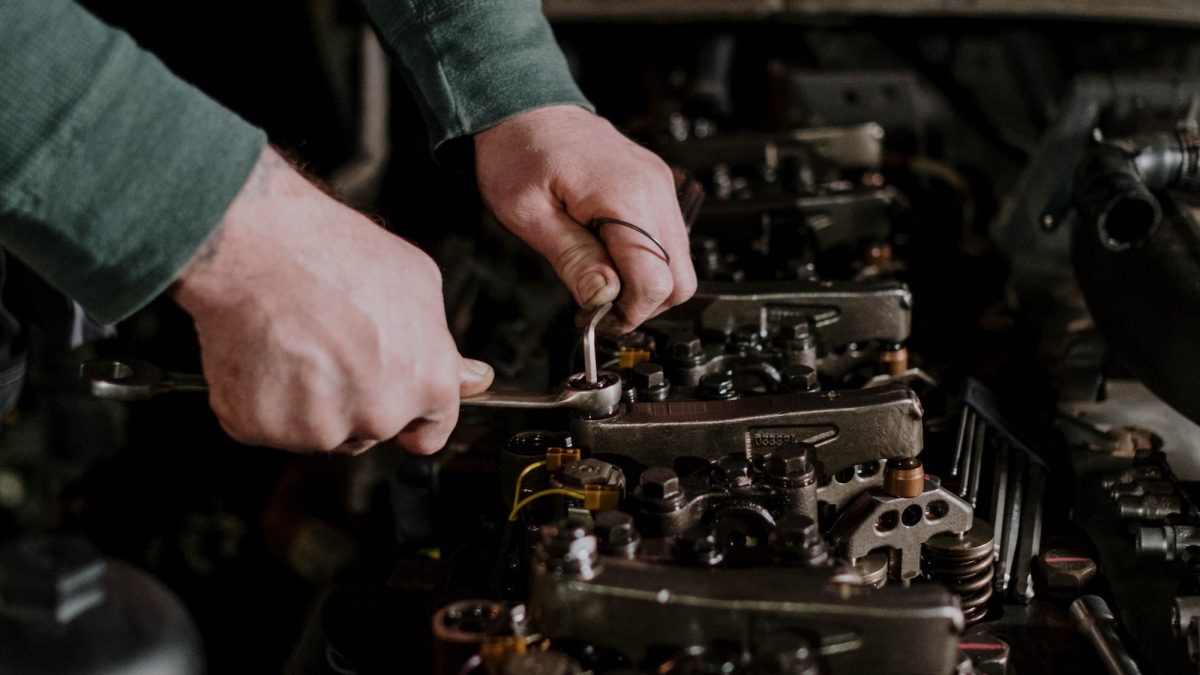Fix Something
{A Written Practice}
Fix Something
If it breaks, fix it
In a world where we are surrounded by objects that are too complex to be taken apart–cellphones, computers, etc., there can be something meditative, restorative, and deeply re-assuring about fixing something with your own hands. Some people have the patience to learn how to fix things by taking them slowly apart and putting them back together, but most of us need some kind of apprenticeship, which is in itself another restorative practice, both for the teacher and for the student. What we are fixing is perhaps also not as important as the quality of attention and steadiness we bring to the activity.
In a world where we throw so many things away, learning how to mend and to repair objects is also an ethical stance. The ecological activist Julia Butterfly Hill reminds us that when we say we are throwing something away, "there is no away." We can't throw things away after all. They simply end up in the earth, or in the ocean, or in the air, and then back in our bodies. And John Stokes reminds us that our definitions of sophisticated and primitive have become inverted. Sophisticated should mean– I can make it, I can repair it, it comes from where I live, and when it's life is over it seamlessly melts back into the living world. By this metric, learning to fix things is essential to an ancestral future ethical stance. It is a way of expressing care. And strange as it may sound, something we've fixed becomes connected with us in a way that is different than anything store-bought new.
Related Practices:
Related to all practices that involve Using Your Hands. For an overview of the importance of this, especially for modern people who spend alot of time in cognition, see Use Your Hands. Use the Use Your Hands sub-menu under Self-Care to find all the practices on the model that prioritize using the hands. Related to knitting, and baking, and playing an instrument. Related to lifting weights and balancing rocks. For a discussion of sophisticated versus primitive, see Tracking and the Arts of Life.Photography: | Licensed from Pexels.com, used with permission.


